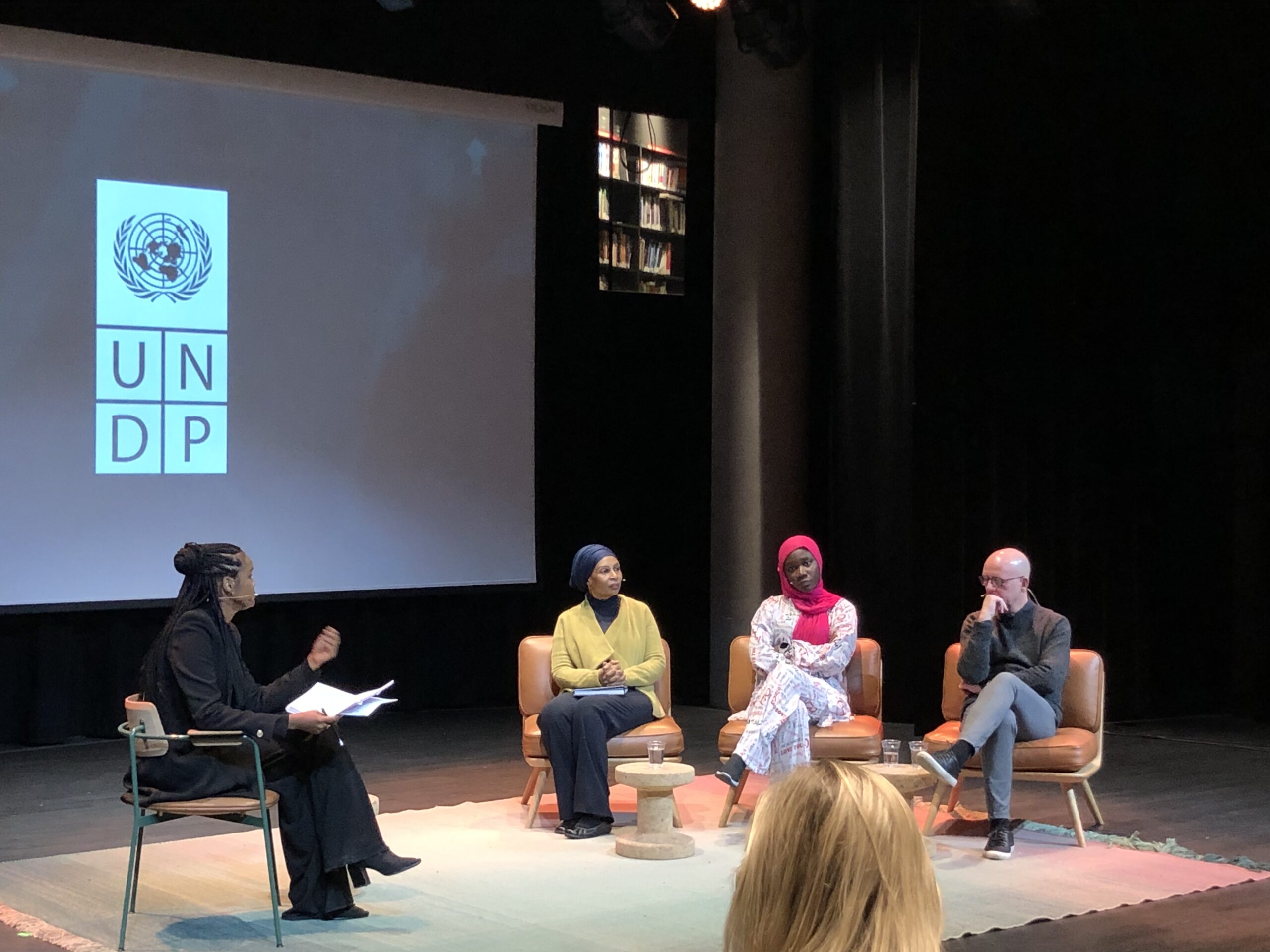What drives people to and from violent extremism in Africa?
On Monday, December 12th 2022, UNDP Oslo Governance Centre organised an event entitled “Journey to Extremism: Pathways to Recruitment and Disengagement”, held at Oslo’s Public Library, Deichman Bjørvika. Morten Bøås participated in this event in the capacity as Research Professor at NUPI and the Principal Investigator of PREVEX. Find a video recording from the event below.
Ahead of the upcoming launch of the UNDP report ‘Journey to Extremism in Africa: Pathways to Recruitment and Disengagement’ in early 2023, the event hosted key stakeholders from policy circles, academia and local-level practitioners. Drawing on broad experiences from several countries in the Sahel region, the panellists shared their reflections on why sub-Saharan Africa has become the new epicentre of violent extremism and what works and is needed in terms of development responses.
Expanding on arguments made in previous panels, Bøås argued that there are two ways of looking at the issue of violent extremism in sub-Saharan Africa. One is that it, obviously, is a major security challenge, as locals are caught in-between state security forces and a range of militias that are in conflict with each other. On the other hand, one can also turn this around and say that Africa is the epicentre of resilience against violent extremism. Despite the fact that all factors believed to be conducive to violent extremism are present, very few embrace violent extremist ideas. Both of these perspectives need to be taken into account, otherwise, there is a risk of misinterpretation of the region and a belief that a hard security approach is the only solution. We need to become much better at supporting the existing resilience without undermining it, Bøås underlines.
The panel featured, in addition to Morten Bøås: Fatima Akilu (Executive Director, NEEM), Ilwad Elman (Chief Operating Officer, Elman Peace Centre), Hauwa Shaffi Nuhu (writer), and Samira Gaid (Executive Director, Hiraal Institute).



